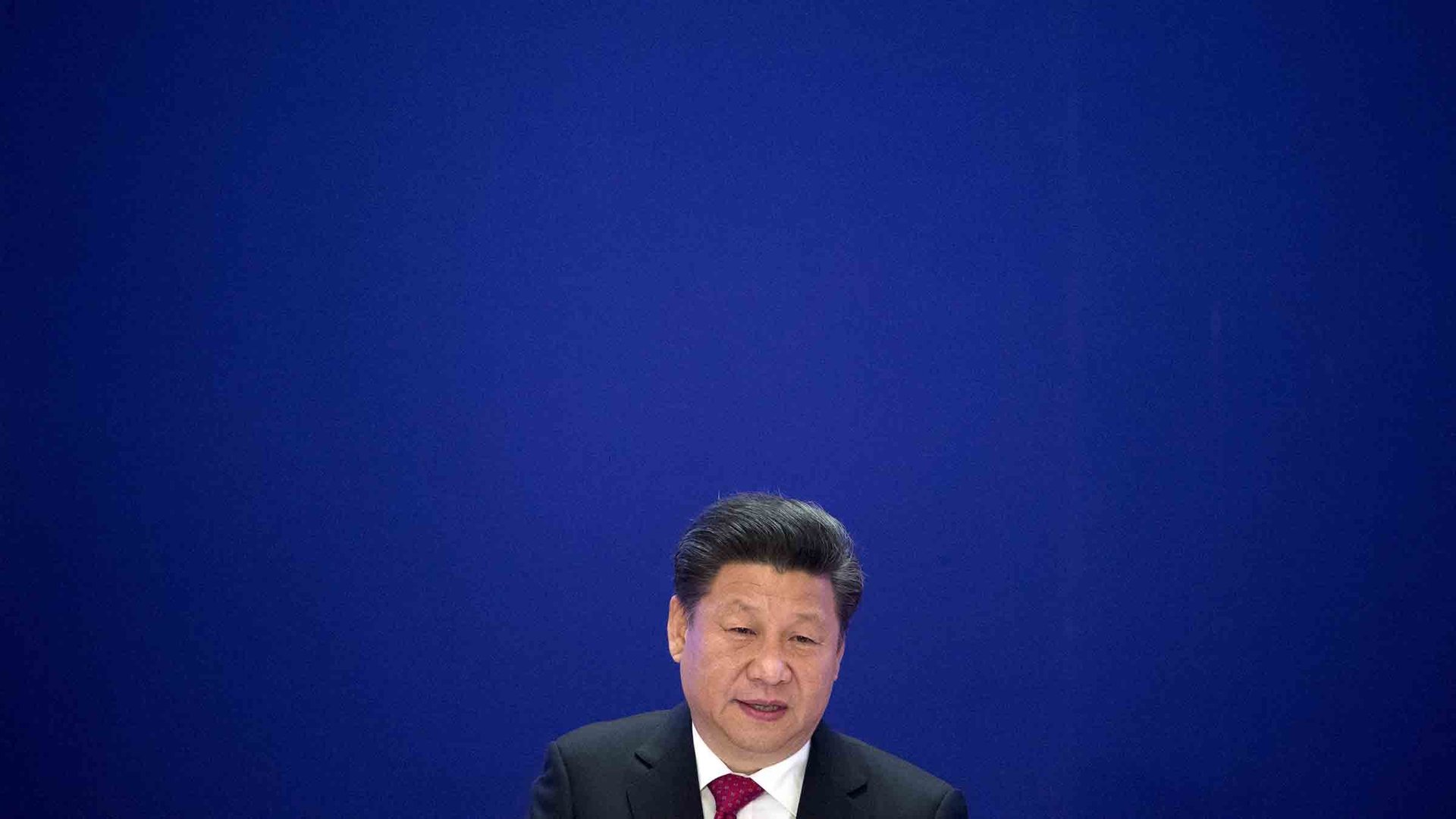Xi Jinping wants a Palestinian state with East Jerusalem as its capital
Xi Jinping has a solution to the decades-long Israel-Palestine conflict.


Xi Jinping has a solution to the decades-long Israel-Palestine conflict.
Speaking to the Arab League in Cairo, the Chinese president announced that he supports the notion of a full Palestinian state, and said that eastern Jerusalem should serve as the new country’s capital.
“China firmly supports the Middle East peace process and supports the establishment of a State of Palestine enjoying full sovereignty on the basis of the 1967 borders,” Xi told delegates yesterday (Jan. 21). ”We understand the legitimate aspirations of Palestine to integrate into the international community as a state.”
Such a statement puts China directly in the middle of a tense standoff between Israel and Palestine. East Jerusalem was controlled by Jordan from 1949, but fell under Israeli control following the Six-Day War in 1967. Israel says that the city–home to sites of religious importance to both Muslims and Jews—should remain undivided, but Palestinians argue that East Jerusalem ought to be their capital.
Xi’s announcement is unusual given China’s official policy of “non-intervention.” Beijing usually avoids ethical issues when dealing with foreign governments, in part to dodge criticism of its own domestic human rights abuses. An increasingly active China could risk eroding Beijing’s defense against criticisms from other governments.
But China has been increasing its involvement overseas, quietly, for some time. In 2005, it contributed fewer than 1,100 personnel to UN peacekeeping operations. Last year, that number stood at over 3,000. And during a state visit to the US in September, Xi announced that China would add another 8,000 troops to that figure.
To some extent China, the world’s second-largest economy, has little choice but to become more involved in international politics.
Earlier this week, Xi stopped in Saudi Arabia, which is important to China because it is the country’s largest supplier of crude oil. There, he oversaw an agreement to build nuclear reactor, and also signalled support for the Saudi-allied Yemeni government, which is currently under attack from rebels aligned with Iran.
Egypt’s importance comes from its control of the Suez Canal, making it a vital ally in Beijing’s plan to put China at the center of global trade routes. As part of his trip there, Xi confirmed a $1 billion grant to help Egypt’s economy.
He will end his Middle East trip with a visit to Iran, where he is expected to try to reaffirm the two countries’ economic relationship. Perhaps there, after expressing sympathy for the Yemeni government in Saudi Arabia, Xi will finally revert back to a subtle policy of “non-intervention.”